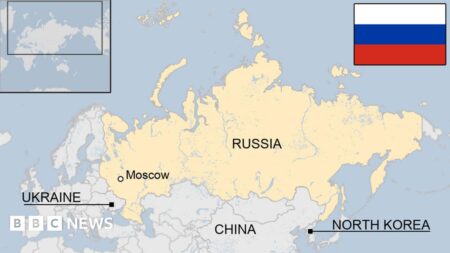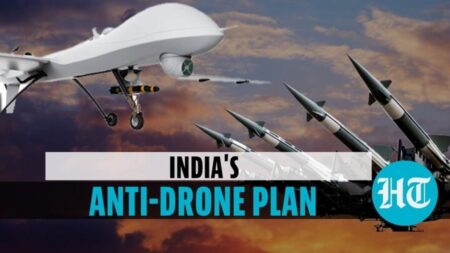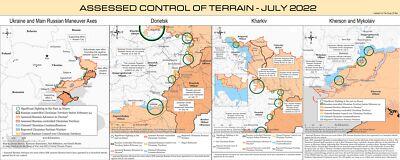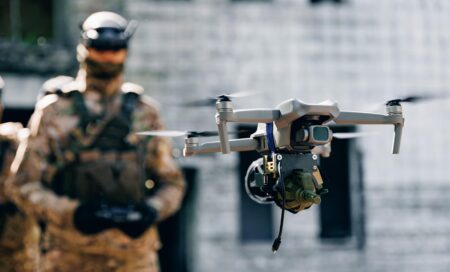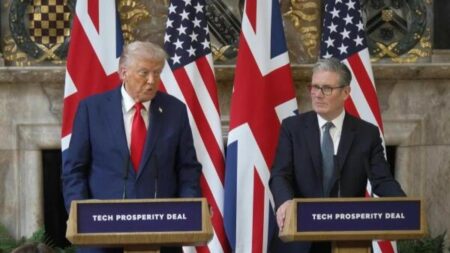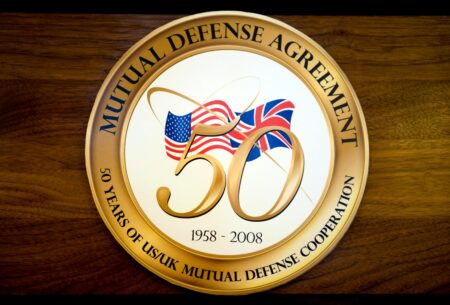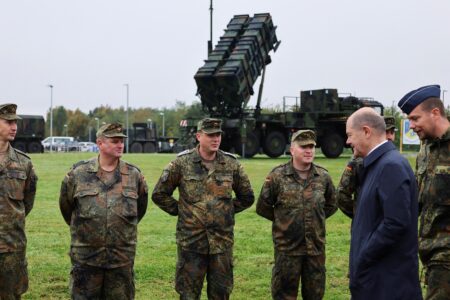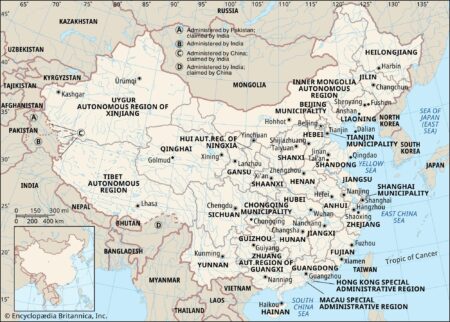Russia has been relentlessly battling to capture Pokrovsk for over a year, with hundreds of its troops now deeply entrenched in this strategic city, CBC reports. This intense military buildup underscores the critical importance of the area in the ongoing conflict
Browsing: military strategy
Russia’s relentless fight for Pokrovsk is exacting a heavy toll, yielding minimal strategic advantage despite severe losses. Experts caution that this costly campaign is draining resources without achieving significant territorial or political breakthroughs
A top German general delivered a bold warning: Russia must never underestimate NATO’s might. This striking message underscores rising tensions and showcases the unbreakable unity and strength of the alliance’s collective defense in the face of mounting geopolitical challenges
The fall of Pokrovsk would strike a devastating blow to Ukraine, cutting off crucial supply routes and dealing a heavy hit to morale. At the same time, it would embolden Russian forces to advance further into the Donetsk region, intensifying the conflict for all parties involved
Former President Trump has ordered the Pentagon to resume nuclear weapons testing immediately-the first time in 33 years-in a bold move to counter rising threats from Russia and China, according to a New York Post report
Italy’s Ministry of Defense is launching an ambitious new anti-drone strategy to combat the growing surge of aerial threats. This groundbreaking plan aims to strengthen national security by seamlessly integrating state-of-the-art detection and neutralization technologies
The Institute for the Study of War’s October 14, 2025 assessment uncovers fresh Russian offensive maneuvers, highlighting shifting tactics and fiercely contested frontlines as the conflict in Eastern Europe escalates
Australia must adopt bold, unconventional strategies to effectively counter the rising influence of China and Russia, a recent think-tank report reveals. Enhancing cyber defenses and building strong strategic alliances are crucial moves to protect national security amid an increasingly volatile geopolitical climate
The Institute for the Study of War’s October 9, 2025, assessment highlights a dramatic surge in Russian offensive operations across eastern Ukraine, revealing rapidly shifting frontlines and a sharp spike in intense artillery clashes as the conflict intensifies
Russia’s drone attacks in this “hybrid war” are spreading fear, aiming to destabilize Europe. These covert strikes blur the lines between military sites and civilian zones, challenging Western defenses and escalating tensions throughout the continent
Former President Trump’s proposal to maintain US airbases in Afghanistan has surprisingly united India, Pakistan, and China in a rare display of solidarity. All three countries are standing strong against the continued American military presence in the region, South China Morning Post reports
Germany’s Defence Minister urges strong defenses while warning against falling into Putin’s “escalation trap,” cautioning that overreactions risk escalating tensions and destabilizing the region, Reuters reports
The UK and France are teaming up to strengthen their nuclear alliance, determined to boost their deterrence against Russia. This powerful partnership aims to sharpen defense capabilities amid rising geopolitical tensions sweeping across Europe
Leaked files reveal that Russia is set to train Chinese paratroopers, gearing up for a potential Taiwan invasion, analysts reveal. This move underscores the growing military alliance amid escalating regional tensions
Former President Donald Trump boldly asserted that Ukraine possesses the power to overcome Russia, shining a spotlight on the country’s extraordinary resilience. His remarks come at a pivotal moment, as the world debates how to best support Ukraine and steer through the ongoing conflict
Russia appears to be steadily turning up the pressure on the West, making calculated moves that probe reactions without igniting open conflict. Experts warn this deliberate approach aims to advance Moscow’s goals while avoiding a full-scale confrontation
The Day with Phil Gayle takes you inside the latest Russia-Belarus military drills, revealing intense joint exercises unfolding amid rising geopolitical tensions. DW uncovers the high-stakes strategies and mounting worries over regional security
Germany’s military is launching an ambitious transformation to tackle rising global tensions head-on. Yet, experts warn that logistical challenges, limited budgets, and political conflicts could stall progress and jeopardize Europe’s security
China may opt for a blockade rather than a full-scale invasion to pressure Taiwan, seeking to cut off supply routes and isolate the island economically and militarily. Experts remain divided on the feasibility of this approach and how the world might respond
China has sharply criticized former President Trump’s recent calls to expand the U.S. nuclear arsenal, urging instead for restraint and open dialogue to safeguard global stability. Beijing stresses the urgent importance of preserving strategic balance as tensions continue to rise across the globe



